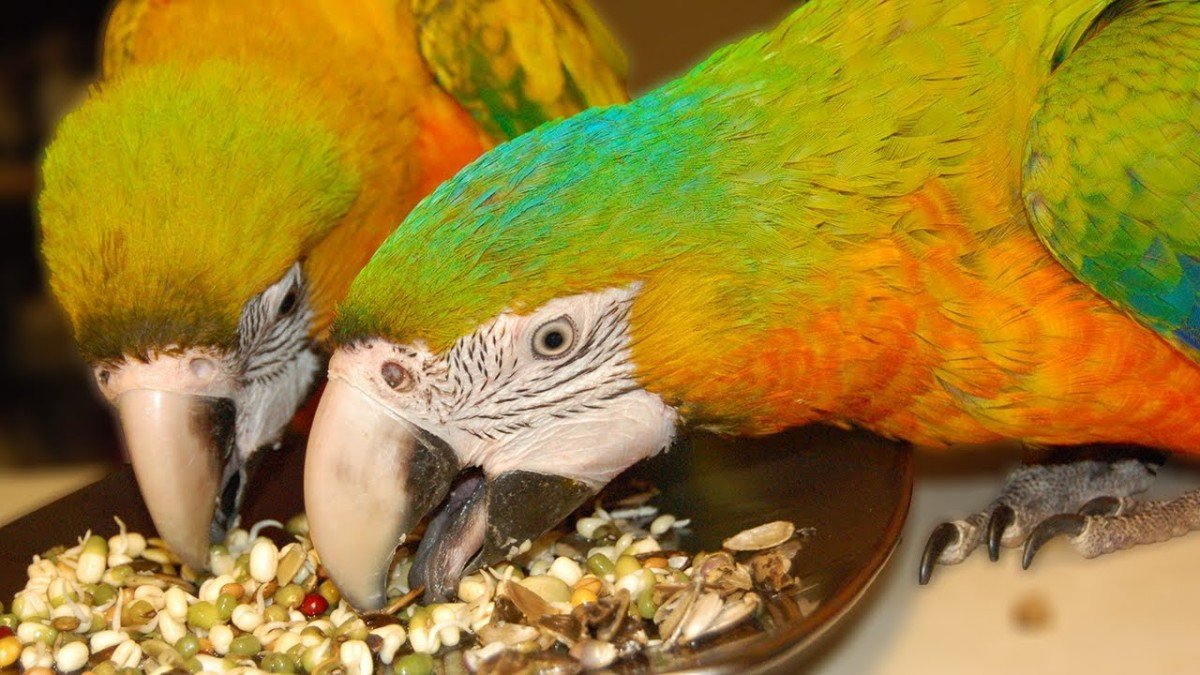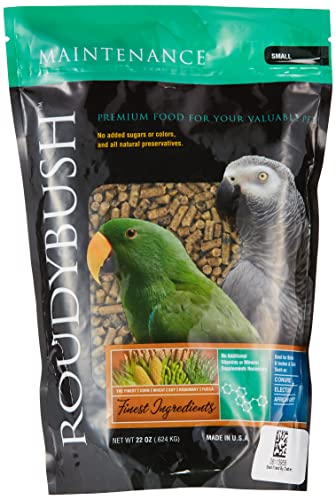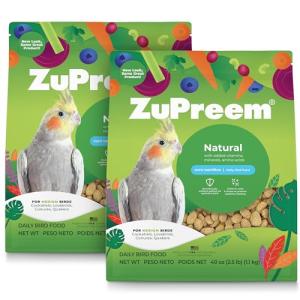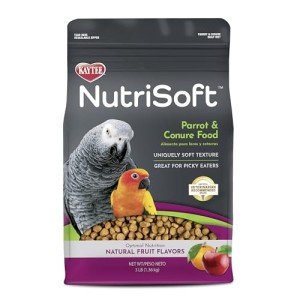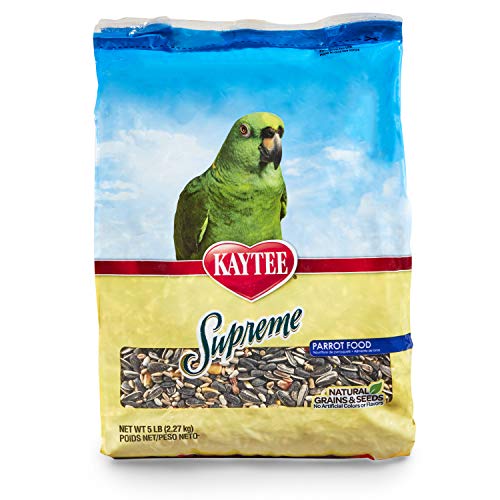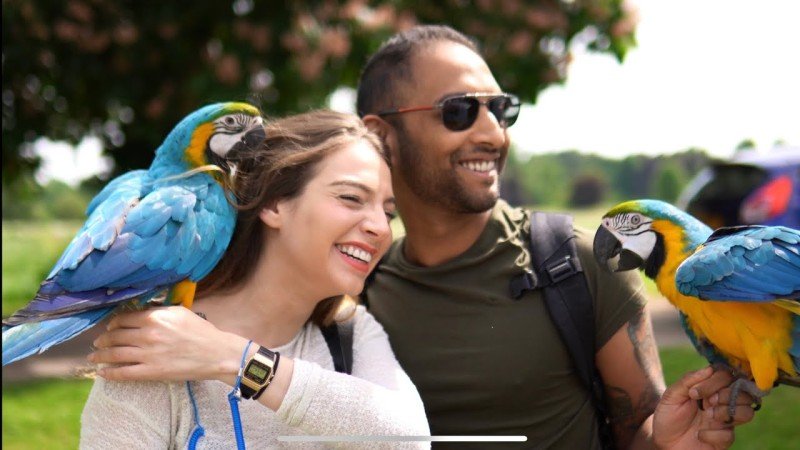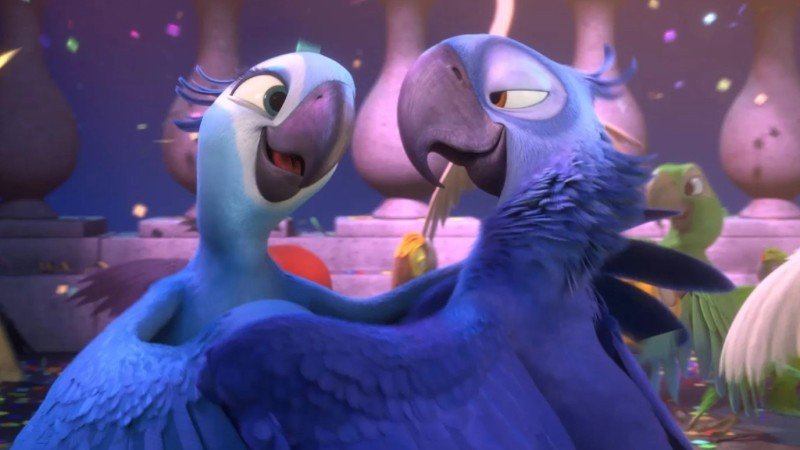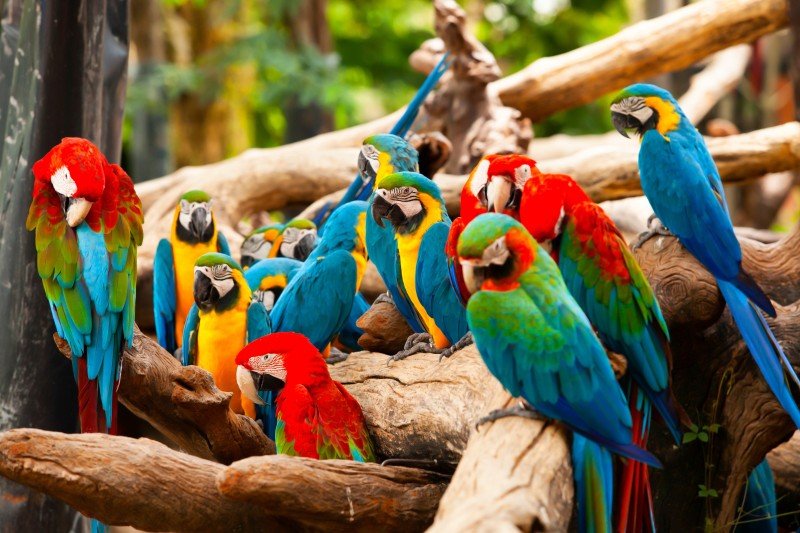Understanding Parrot Nutrition: The Basics for Choosing the Best Food
When it comes to caring for your feathered friend, choosing the best food is crucial for their health and wellbeing. Parrots are intelligent creatures with complex dietary needs. Understanding parrot nutrition basics can help you make informed choices about what to feed your bird.
What Do Parrots Need in Their Diet?
Parrots require a variety of nutrients to maintain good health. Here are some of the key components of a healthy parrot diet:
- Protein: Birds need protein to maintain muscle mass and support healthy feathers. Good sources of protein for parrots include nuts, seeds, and beans.
- Carbohydrates: Carbohydrates provide energy for your bird. Fruits, vegetables, and grains are all good sources of carbohydrates.
- Fat: Many species of parrots require a diet that is higher in fat than other birds. This is because their bodies are designed to metabolize fat more efficiently. Nuts, seeds, and avocados are good sources of healthy fats for parrots.
- Vitamins and Minerals: Parrots require a variety of vitamins and minerals to support their immune system, bone health, and other bodily functions. Fresh fruits and vegetables are excellent sources of vitamins and minerals.
What About Pellets?
Pellets are a popular choice for parrot owners because they provide a balanced, complete diet in a convenient form. However, it's important to choose high-quality pellets that are free from artificial colors, flavors, and preservatives. Look for pellets that contain a variety of ingredients and avoid those that are primarily made from corn or soy.
The Importance of Variety
While pellets can provide a good foundation for your parrot's diet, it's also important to offer a variety of fresh foods. Birds thrive on variety and enjoy exploring new tastes and textures. Offer your parrot a mix of fresh fruits, vegetables, nuts, and seeds, and rotate them regularly to keep things interesting.
Final Thoughts
Choosing the best food for your parrot involves understanding their nutritional needs and providing a variety of healthy options. Whether you opt for pellets or a mix of fresh foods, make sure to choose high-quality, wholesome ingredients that will support your bird's overall health and wellbeing.
Essential Nutrients for Parrots: How to Ensure a Healthy and Balanced Diet
Providing a healthy and balanced diet for your parrot is crucial to maintaining their overall health and wellbeing. But with so many types of bird food and treats available, it can be difficult to know if you are providing the right nutrients for your feathered friend. Here are the essential nutrients that your parrot needs in their diet and how you can ensure they are getting enough.
ProteinProtein is an essential nutrient for parrots as it provides the necessary building blocks for their muscles, bones, and feathers. Parrots require a high-protein diet, and good sources include beans, lentils, quinoa, soybeans, and tofu. You can also provide your parrot with lean meats, such as chicken or turkey, but avoid giving them any high-fat or processed meats.
FatFat is another essential nutrient for parrots, as it provides them with long-lasting energy and helps maintain healthy skin and feathers. Parrots require a moderate amount of healthy fats in their diet, such as those found in nuts, seeds, and avocados. It is important to avoid feeding your parrot foods high in saturated or trans fats, as these can lead to obesity and other health issues.
CarbohydratesCarbohydrates are an important source of energy for parrots, and they should make up a large part of their diet. Good sources of carbohydrates include fruits, vegetables, whole grains, and legumes. It is important to avoid feeding your parrot processed or refined carbohydrates, such as white bread, pasta or sugary snacks.
Vitamins and MineralsParrots require a variety of vitamins and minerals to maintain good health and prevent illness. Your parrot’s diet should include foods that are high in vitamins A, B, C, D, E, and K, as well as minerals such as calcium and iron. Good sources of vitamins and minerals include leafy greens, carrots, sweet potatoes, oranges, apples, and nuts.
WaterFinally, it is important to ensure that your parrot has access to fresh and clean water at all times. Parrots require water to maintain good health, just like humans do. Cleaning and refilling their water bowl daily is essential to ensuring that they stay hydrated and healthy.
In conclusion, providing your parrot with a healthy and balanced diet is key to maintaining their overall health and wellbeing. By including a variety of foods that are high in protein, fat, carbohydrates, vitamins, and minerals, and ensuring they have access to fresh water, you can give your feathered friend the best possible chance for a long and healthy life.
Top Tips for Picking the Perfect Food for Your Parrot's Needs
When it comes to feeding your parrot, it's important to choose the right food to meet their specific nutritional needs. Here are some top tips for picking the perfect food for your feathered friend:
1. Know Your Parrot's Species
Different parrot species have different dietary requirements, so it's important to do your research and find out what your particular bird needs. For example, some parrots are more herbivorous and require a diet rich in fruits and vegetables, while others are more omnivorous and need a mix of fruits, vegetables, and protein sources.
2. Look for Quality Ingredients
Just like with human food, it's important to look for high-quality ingredients in your parrot's food. Look for brands that use real, whole foods as their main ingredients and avoid those with artificial preservatives, colors, and flavors.
3. Consider Supplemental Foods
Depending on your parrot's dietary needs, you may also want to consider providing supplemental foods such as pellets, seeds, or nuts. Be sure to do your research to find out which types of supplements are best for your particular bird.
4. Offer Variety
Parrots can get bored with the same food day in and day out, so it's important to offer variety in their diet. Try switching up their fruits and vegetables every week or offering different types of supplements.
5. Consult with a Vet
If you're unsure about what to feed your parrot, it's always a good idea to consult with a vet who specializes in exotic birds. They can provide you with a customized diet plan that will meet your parrot's specific needs.
By following these top tips, you can ensure that your parrot is getting the nutrition they need to thrive and stay healthy.
